Egypt extends state of emergency to three years
Egypt's state of emergency is set to reach the three-year mark by April after the government announced it would extend it by another three months from Monday next week.
The North African country has been under a state of emergency since April 2017 bombings of two Coptic churches by a Daesh affiliate that killed more than 40 people.
The extension comes nine years after the January 2011 uprising that toppled former president Hosni Mubarak, who had also ruled for decades under a state of emergency.
"The president of Egypt ordered the extension of the state of emergency nationwide for three months starting Monday, January 27," said the official gazette on Sunday.
Under a state of emergency, police powers such as arresting and holding citizens are extended and constitutional rights such as freedom of speech and assembly are curtailed.
Egypt has for years been battling an extremist insurgency, which surged following the 2013 military ouster of former president Mohamed Morsi.
The attacks have been largely concentrated in the restive northern Sinai Peninsula but occasionally struck elsewhere in the country.
In February 2018, Egypt launched a large-scale nationwide anti-militant operation.
Rights groups say the state of emergency coupled with the government's effective protest ban since 2013 has helped it in crushing dissent.
In September, rare minor protests broke out in Egypt triggered by online calls for President Abdel Fattah el-Sisi's removal.
Some 4,000 people were arrested in the following weeks, according to local rights groups.
Activists have called it one of the worst waves of a crackdown against any dissent that was launched when Sisi officially took power in 2014.
(Source: AFP)
VIDEO | Press TV's news headlines
Iran says Christmas opportunity to remind ourselves of Jesus Christ call for 'justice, peace'
VIDEO | Eyewitness video shows moment of plane crash in Kazakhstan
VIDEO | Lebanese Christians celebrate Christmas over ruins
Iran FM: ‘Too early’ to predict Syria’s future for those thinking ‘victories’ achieved
The big role of steel industry in Iran’s development
Yemen fires second hypersonic missile at Israeli targets in as many days
UK suspends 6,500 Syrian asylum claims after Assad's fall


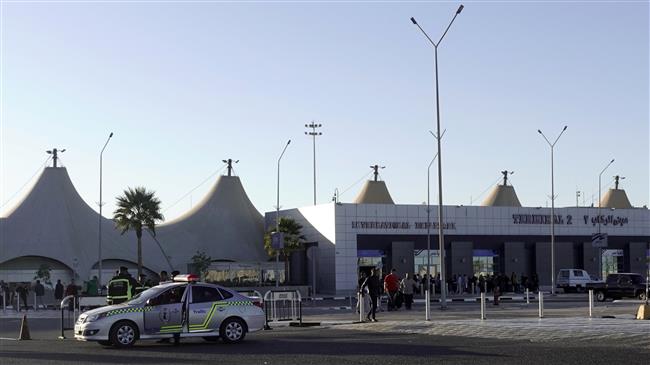


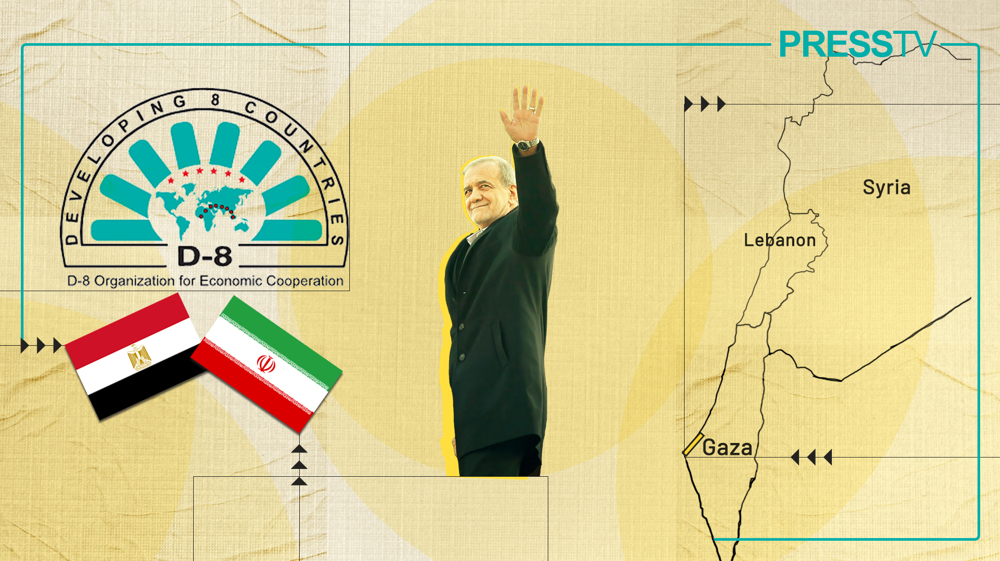
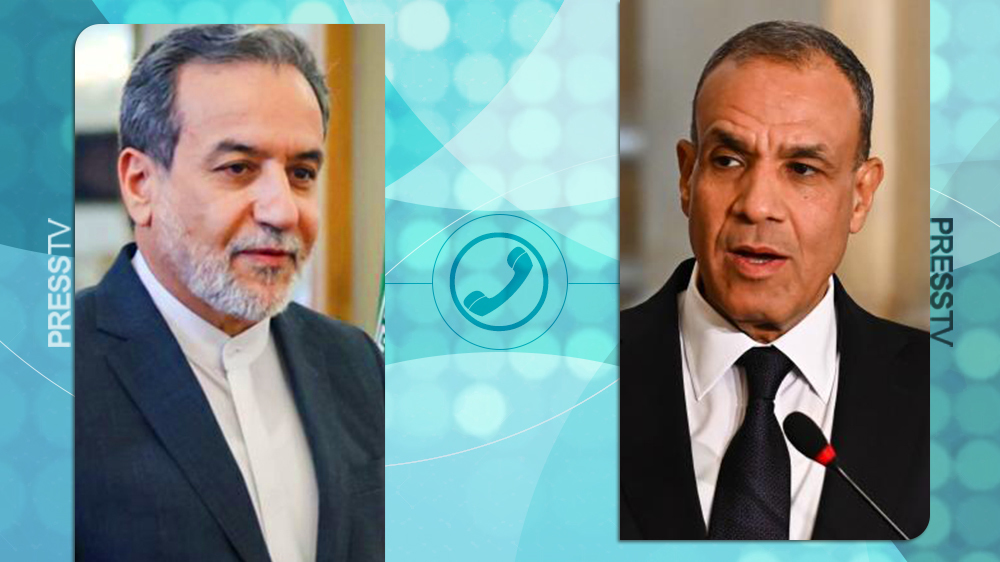




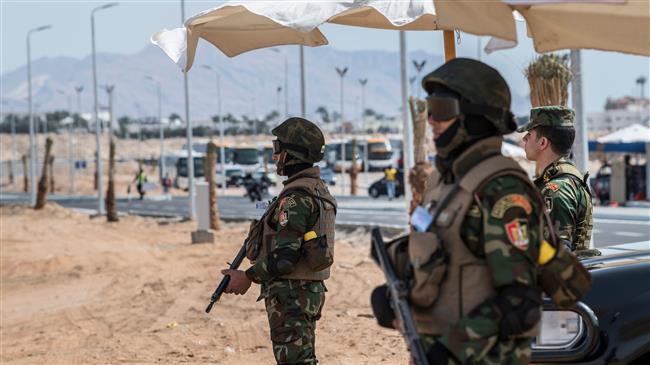
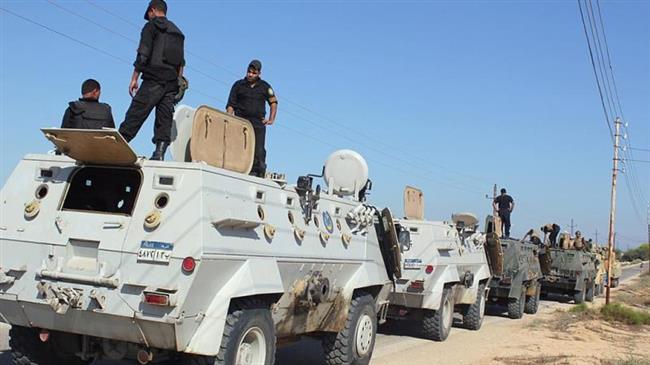
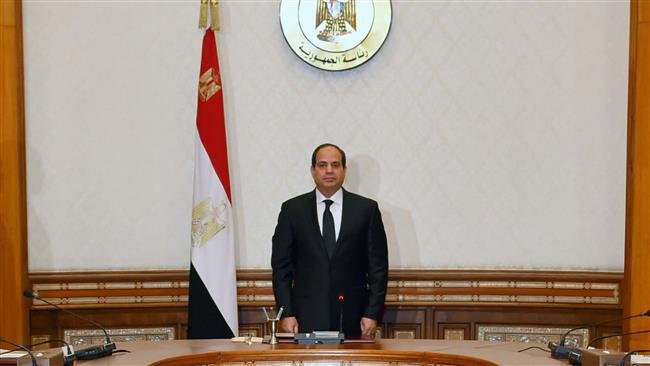

 This makes it easy to access the Press TV website
This makes it easy to access the Press TV website